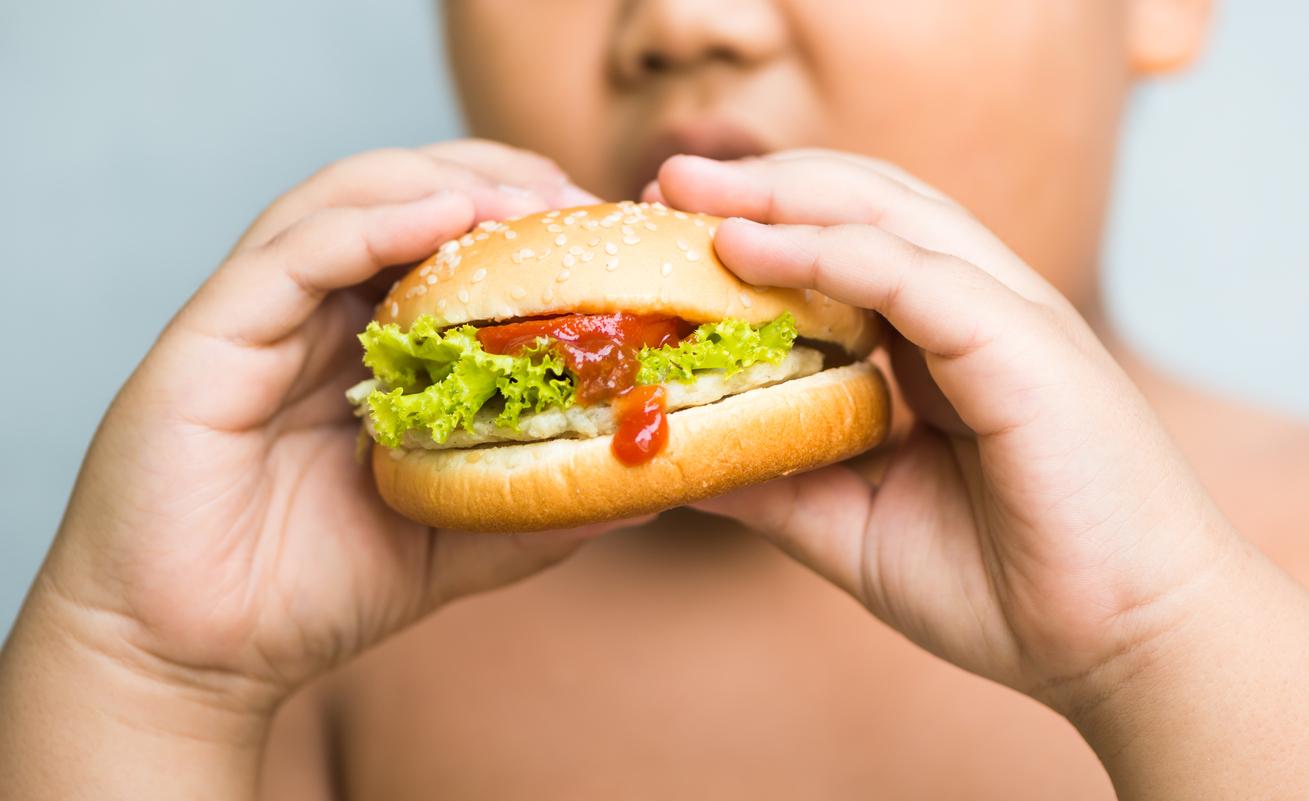Overweight mothers underestimate their children’s weight, study claims
Nearly half of overweight mothers thought their similarly overweight children were healthy

Your support helps us to tell the story
From reproductive rights to climate change to Big Tech, The Independent is on the ground when the story is developing. Whether it's investigating the financials of Elon Musk's pro-Trump PAC or producing our latest documentary, 'The A Word', which shines a light on the American women fighting for reproductive rights, we know how important it is to parse out the facts from the messaging.
At such a critical moment in US history, we need reporters on the ground. Your donation allows us to keep sending journalists to speak to both sides of the story.
The Independent is trusted by Americans across the entire political spectrum. And unlike many other quality news outlets, we choose not to lock Americans out of our reporting and analysis with paywalls. We believe quality journalism should be available to everyone, paid for by those who can afford it.
Your support makes all the difference.It’s not the case that overweight parents always bring up overweight children, but it’s also not uncommon.
And it’s now been proven that overweight mothers don’t often consider their children to be similarly overweight - even when they are.
According to a new study by the the Brown School at Washington University in St. Louis, overweight mothers underestimate the weight of their obese children.
The researchers studied 230 mothers of pre-school children (aged between three and five) in the US, and 41 per cent of the mothers considered their overweight or obese children “about the right weight.”
Only 20 per cent of overweight mothers correctly identified their children as overweight. And a mere three per cent of mothers overestimated their child’s weight.
In order to reach their conclusions, the researchers asked the mothers to fill out a questionnaire about how they feed their child (including questions such as “Did he/she watch TV at meals?” and “Did you feed him/her yourself if he/she did not eat enough?”) and reveal their perception of the child’s weight.
Both mother and child then had their height and weight measured.
But the researchers suggest healthy weight mothers may not have underestimated their children's weights in the same way.
“This study included only mothers who were overweight or obese, which may, in part, explain the high rate of underestimation,” lead author Rachel Tabak said.
“This is also concerning in the light of recent research showing children of obese mothers were less likely to recognise their own weight as well as that of their mother and therefore may be related to shifting attitudes toward weight status, where overweight is less recognised because of its prevalence.”
The researchers revealed they were inclined to undertake the study because little research has been done into how a parent’s perception of their child’s weight affects the healthy behaviour they promote.
Join our commenting forum
Join thought-provoking conversations, follow other Independent readers and see their replies
Comments